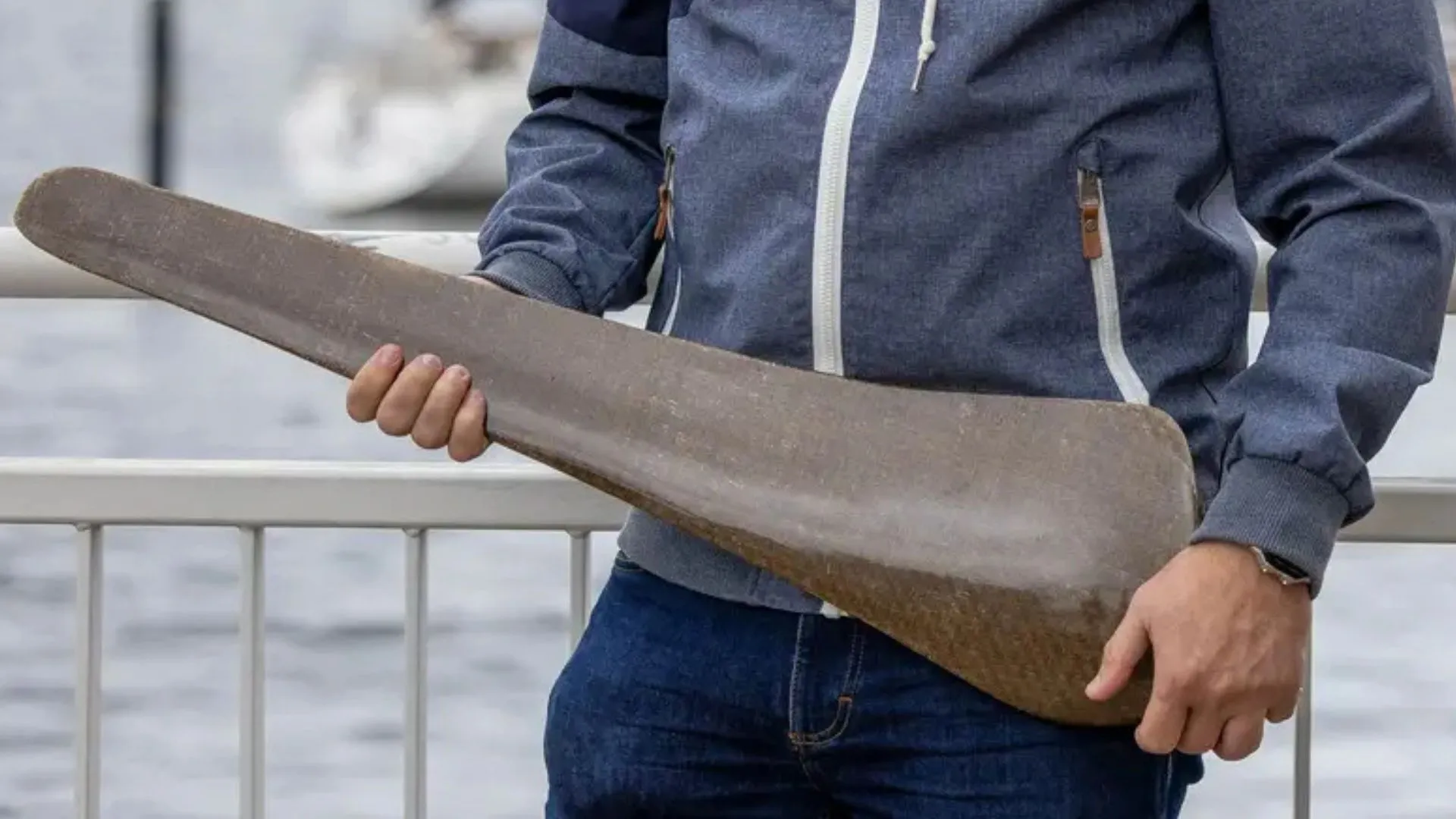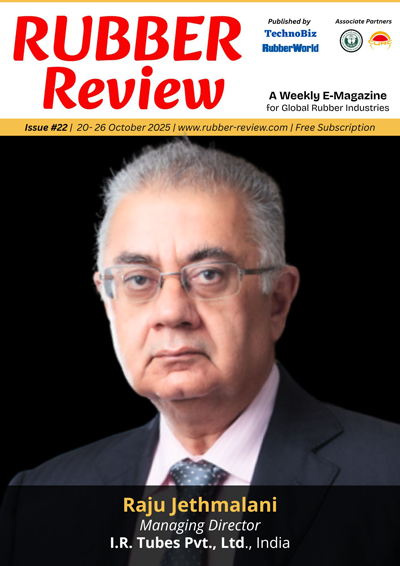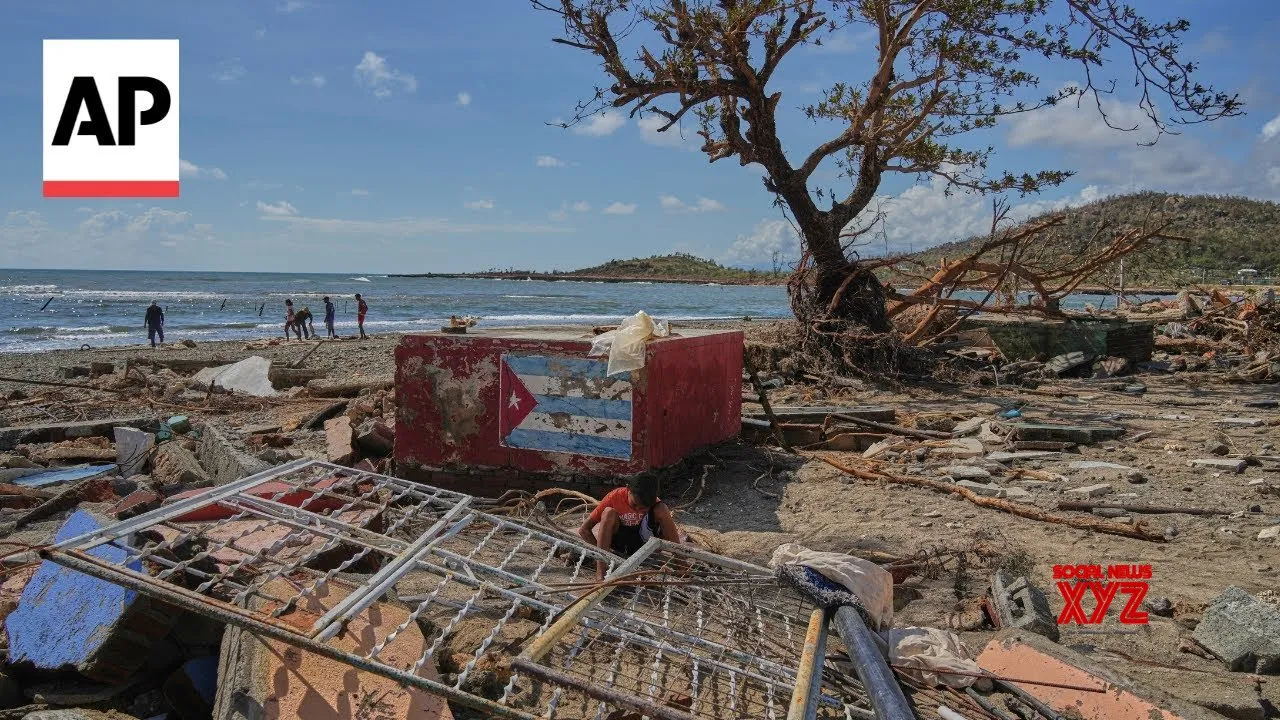Copyright Interesting Engineering

Germany is taking a natural turn in wind energy. A new initiative led by Kiel University of Applied Sciences (HAW Kiel) and boatbuilder Nuebold Yachtbau GmbH aims to build rotor blades made entirely from renewable materials—flax, balsa wood, and paulownia—in a bid to replace fiberglass and shrink the industry’s mounting waste footprint. Backed by roughly €175,000 from the Schleswig-Holstein Energy and Climate Protection Agency (EKSH), the team plans to develop a prototype for small wind turbines (with rotor areas under 200 square meters) by 2027. “We want to demonstrate that sustainable rotor blades made from flax fibers and other renewable raw materials can meet all technical requirements and thus make a real contribution to a more sustainable wind energy sector,” said Prof. Dr.-Ing. Sten Böhme, project manager from Kiel University of Applied Sciences. Engineering a circular blade lifecycle Despite the expansion in wind energy, major challenges remain primarily related to the design and manufacture of wind turbine blades. Wind turbines use durable, long fiberglass blades (made of fiberglass bound with strong epoxy resin) to withstand the harshest elements. However, this strength makes both the production and disposal of the blades costly and energy-intensive. As a result, the wind turbines generate tens of thousands of tons of annual waste. Estimates suggest that blade waste could reach 2.2 million tons in the US by 2050. It presents a major disposal challenge because the blades themselves are difficult to recycle. In the past, some efforts have already been made to recycle glass fiber. For instance, researchers at Washington State University (WSU) developed an environmentally friendly recycling method for wind turbine blades in April. The method recovers high-strength glass fibers and resins, which can then be repurposed to create durable plastics. In this new work, the team turned to a natural approach to make the process of developing wind turbines more sustainable. Researchers will first test the load-bearing capacity of suitable natural fibers (flax, balsa wood, paulownia). Computer simulations will be used to design the optimal shape and ensure the structural integrity of the natural fiber rotor blades. Initial models will be created and tested for stability and performance in the wind tunnel at Kiel University of Applied Sciences in Kiel, Germany. Upon successful initial tests, the project will move to full-scale manufacturing, subjecting the rotor blade prototypes to the required bending load tests. Testing strength in nature Preliminary work by HAW Kiel and Nuebold Yachtbau has already investigated replacing fiberglass composites with sustainable natural fiber materials, such as flax fibers. Jaron Nübold, Managing Director of Nuebold Yachtbau, highlighted the next step: “Currently, the composite component is being replaced, for example, by flax fiber, without taking into account the special material properties of the natural fiber. We are convinced that insights into the dynamic material properties, in particular, can enable a breakthrough in widespread application.” Experts view the project as a key step in the energy transition, suggesting that planning for dismantling and recycling should begin at the construction stage. The successful development of these eco-friendly rotor blades could offer a sustainable solution that benefits both the environment and the economy in the wind energy sector.



